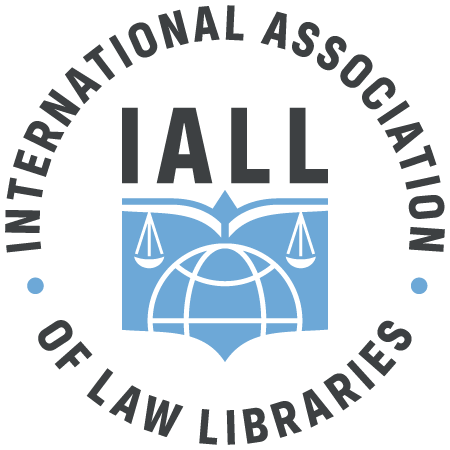The Organization of American States (“OAS”) offers a variety of thematic reports that address specific issues dealt by the Inter-American Commission (“IAC”) and the Inter-American Court of Human Rights (“IACHR”).
Women
Both the IAC and the IACHR and have ruled on the subject of women’s rights on the continent. Topics discussed have ranged from the general state of women; the right to be free from violence and discrimination (in particular, situation of women’s rights in Ciudad Juárez, Mexico and Haiti); violence and discrimination against women in armed conflict (in particular, the situation in Colombia); access to justice for female victims of violence (in particular, victims of sexual violence in Mesoamerica); access to health and education for women; law (particularly, the situation experienced by women in Chile); maternal health services (from a human rights perspective); education for work and resources (to seek equality through the guarantee of social and cultural rights); women’s political participation; access to reproductive health information; and legal standards regarding gender equality and the rights of women on the continent.
Children and family rights
Although this issue has also been addressed in the areas of women’s rights (for example, with respect to maternal care and access to reproductive rights information) or migrant workers and their families, focus in this area has been mainly based on the rights of the child, the right of a child to have access to its parents and his or her relatives, alternative care and the end of institutionalization of children in the Americas, juvenile justice in the region and finally, corporal punishment, and the rights of children and adolescents in general.
Migrants
On the issue of migrant rights, two main questions have been considered. First, the situation of migrant workers and their families in the region. Second, migration to the United States (particularly the situation of detention and due process) and migration in the context of human mobility in Mexico.
The right to the truth
Despite the importance of the topic in the Americas, the traumatic experience with sundry dictatorships and juntas in the region caused the Inter-American System (“System”) to address the issue only very recently. In their report, they defined the legal framework for the right to the truth in the Inter-American System of Human Rights and national experiences and the obligations of the States following from that right.
Indigenous peoples
In the continent with the largest percentage of indigenous population in the world, the System has dealt with multiple issues. The System has focused has on the general human rights situation of the indigenous peoples in the Americas, the voluntary isolation of communities, the right to their ancestral lands and natural resources, and the situation of captive communities as a contemporary form of slavery (in particular, the situation of the Guarani Indians in the Bolivian Chaco).
Detention and deprivation of liberty by authorities
Human rights of persons deprived of their liberty by authorities in the region, pre-trial detention and the sometimes precarious condition of human rights defenders have been subjects of interest and work for the System. It also deals with the debate on the restriction and the abolition of the death penalty in the Americas and the guarantees for the independence of the judicial system.
Xenophobia and racism
While the topic has been addressed in particular thematic reports on indigenous peoples and migrants, special reports on racism refer not only to the situation of the Afro-descendants in the region as a whole, but also to their situation in specific countries such as the Report on Racial Discrimination in the Republic of Colombia.
Freedom of expression
This topic is addressed annually in a special report on the subject. But the System also offers an agenda for the defense of freedom of expression in the Americas, the legal framework in relation to the right to access information understood as a fundamental part of the right to information. In addition, the documents provide the standards for free and inclusive broadcasting, and different materials for basic knowledge on access to information. Finally, the System has published a special study on investigations into the murder of journalists in connection with their work.
Economic, social and cultural rights
Economic, social and cultural rights have been recognized by the System as both declaratory and conventional instruments and have established a type of protection within the framework by publishing periodic reports and through cases.
Gloria Orrego Hoyos
Universidad de San Andrés,
Buenos Aires, Argentina
